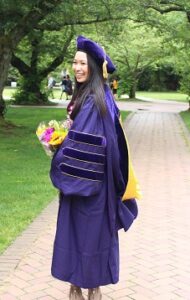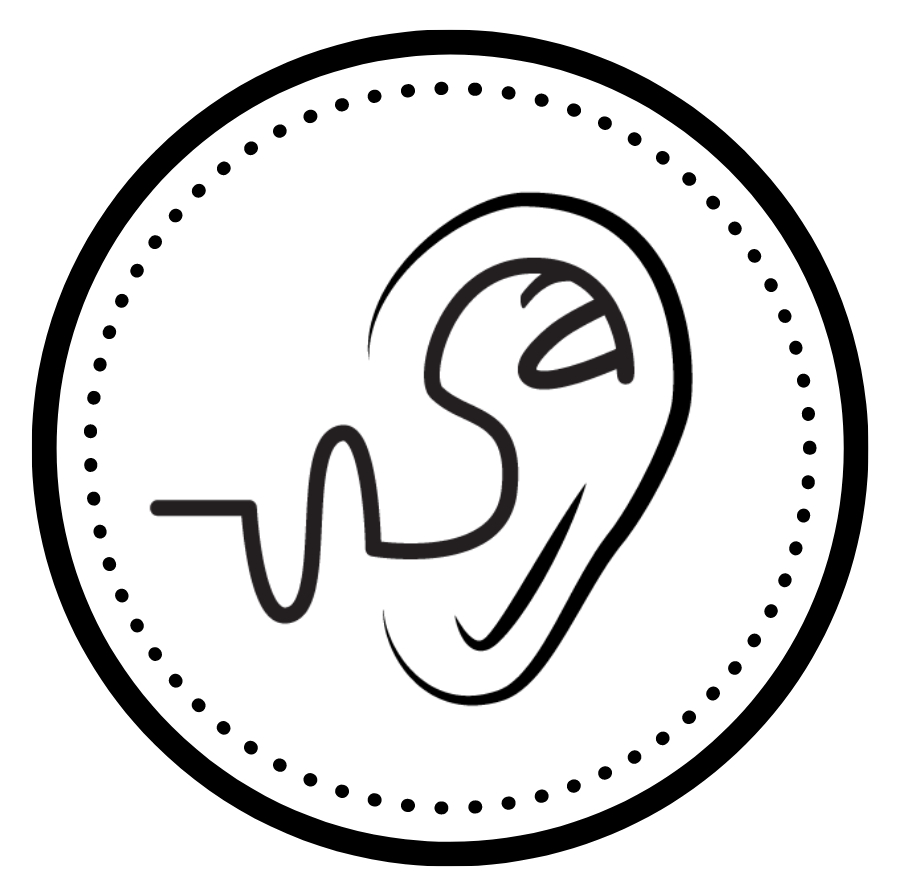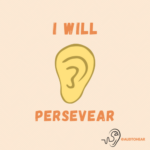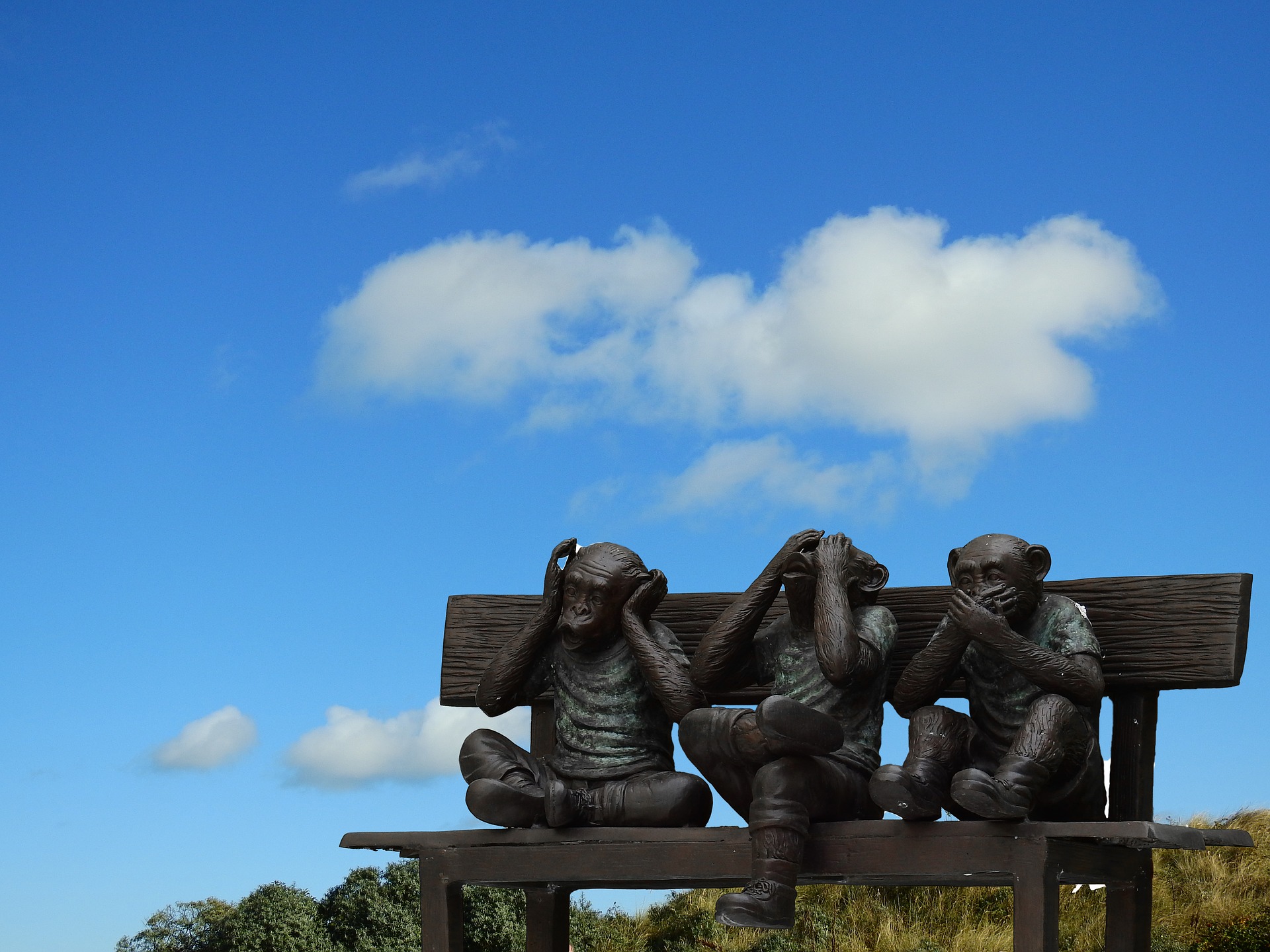“What do you want to be when you grow up?”
“Congrats on getting into XYZ! What are you going to major in?”
“How are you going to make money doing that?”
I don’t know about you, but my family likes to be involved in my life. In other words, they can be incredibly annoying. I must’ve been asked the questions above (or similar) a million times before I finally figured out what I wanted to do with my life. If you can relate, I bet it was tough to shrug and think, “I have no freaking clue” and just walk away before they get started with follow up questions.
As a first generation born Chinese American, I experienced a lot of pressure growing up to go to college, graduate, and get a “good” job. My family had overcome numerous obstacles to establish roots in America in the late 1970s. They had high hopes that their sacrifices would pave a road to success for the kiddos born in my generation. I can’t say that their efforts were a waste because I eventually realized I wanted to become an audiologist to help my community understand the true value of hearing healthcare.
During my freshman year of college, I sought out classes to expose me to the different careers I could see myself in. At one point, I considered going into anthropology! Instead, I decided to major in Communication Disorders in Speech and Hearing Sciences. What a mouthful, I know. The field of medicine and healthcare intrigued me most because of the altruistic rewards of helping someone else feel better. You have a problem? You see a doctor. Doctor heals you. You feel better. You are a happy person.
Unfortunately, that is not how things work in audiology.
You can’t hear? You see an audiologist. The audiologist can’t help you hear perfectly like before. SIGH. So now what?
Hearing loss is the third most common chronic disorder in the United States affecting approximately one out of three adults between the ages 65 and 74. The prevalence of hearing loss jumps to approximately one out of two adults over the age of 75, according to the National Institute on Deafness and Other Communication Disorders (NIDCD). There are several types of hearing loss, but many people have a sensorineural hearing loss as a result of permanent damage to their hearing system. The damage is irreversible, however, there are ways to “treat” and manage hearing loss so that you can live a happy life.
I became interested in rehabilitation care after taking a course about hearing disorders and how the invisibility of hearing loss can alter the way people engage with others. Being an audiologist is not easy, but it’s rewarding to be able to listen to my patients share their challenges and work with them to communicate better. No two patients are the same; I get to learn so much from working with every individual to manage their hearing loss and improve their quality of life. 
After spending 22 years of my life in school, I graduated from my program and officially became a Doctor of Audiology. I am the first in my family to obtain a doctorate degree and it was well worth all the sweat and tears. It’s not just about the title (although, it doesn’t hurt to use it to my advantage in silly arguments), but I’m glad I found a career that I love and I hope you discover yours too.




